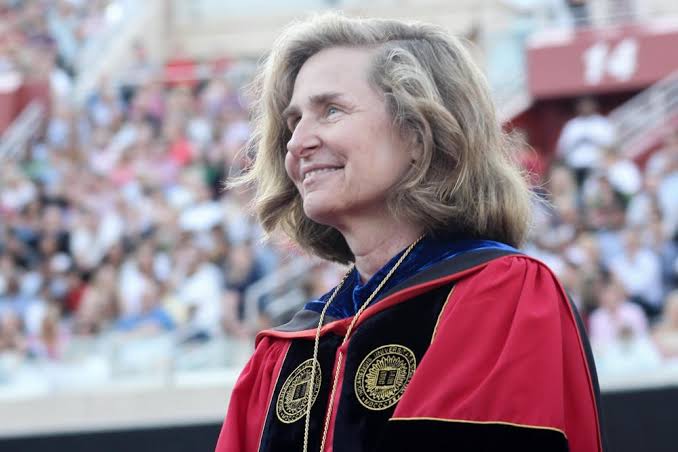### Outrageous Pay Gap: How Whitten’s Salary Leaves Other Big Ten Presidents in the Dust
In recent months, controversy has erupted over the salary of Dr. Jennifer Whitten, the president of a prominent Big Ten university. As discussions about equity and value in higher education come to the forefront, many are questioning whether her lucrative compensation is justified, especially in comparison to her peers in the conference.
With higher education costs soaring and many universities grappling with budget constraints, Whitten’s substantial salary has sparked heated debates among students, faculty, and taxpayers alike. While the athletics department often garners most of the financial spotlight within the Big Ten, the salaries of university presidents are equally eye-popping but often fly under the radar. Whitten, with her recent contract negotiations, is drawing significant attention for her compensation, which appears to outstrip that of many of her fellow presidents.
Critics argue that the staggering salary disparity raises questions about the priorities of university administrations. How can institutions that are supposed to focus on education and student welfare justify such high salaries for top executives? With some Big Ten presidents earning significantly less—often in the low six-figure range—many are left wondering if Whitten’s compensation is a reflection of her leadership or simply an example of escalating financial excess in academia.
Moreover, as student debt reaches staggering heights and public funding for higher education dwindles, the optics of such extravagant salaries could not be worse. This situation not only highlights a troubling trend within the realm of university administration but also poses a moral dilemma for institutions that are supposed to serve the public good.
The urgent need for accountability in higher education has never been more apparent. With Whitten’s case serving as a flashpoint, advocates for fairness and transparency are calling for a reevaluation of administrative pay across the board. Will universities listen, or will they continue to prioritize extravagant salaries at the expense of their core mission? As the debate rages on, one thing is clear: the conversation about presidential pay scales is far from over, and it’s time for stakeholders to take a stand.




